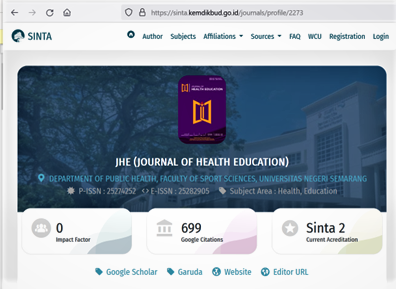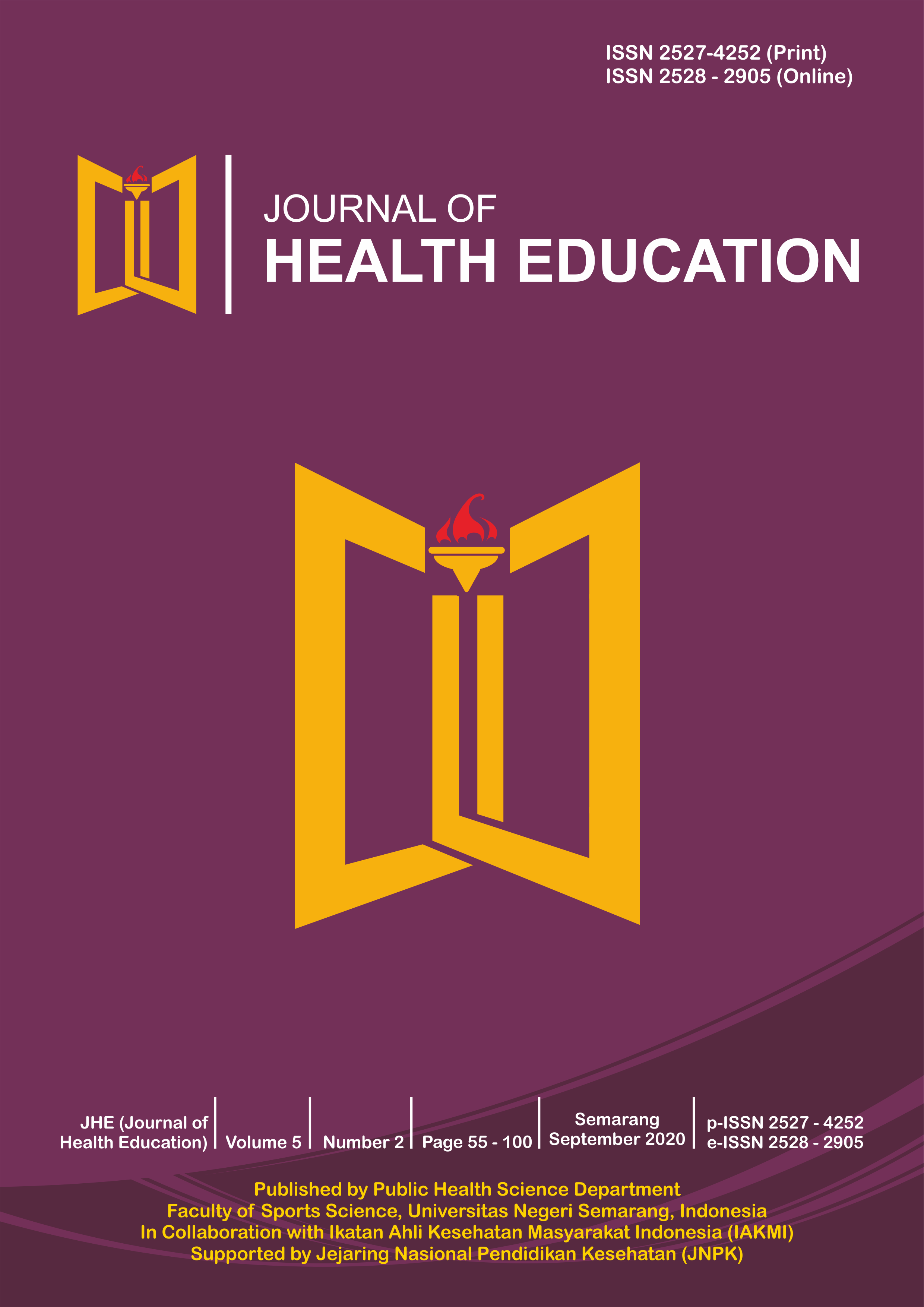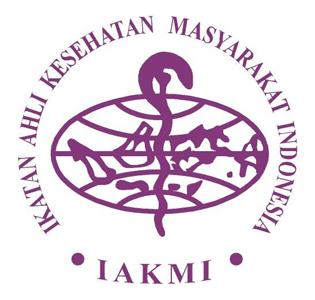Husband’s Permission as A Determinant for Breast Cancer Screening among Women of Childbearing Age
Abstract
Background: Breast screening reduces breast cancer-associated morbidity and mortality, a means to early detection, also increases the chances for successful treatment and cure of the disease. This study was conducted to assess the husband's permission as a determinant of breast cancer screening among women of childbearing age in The Southwest zone, Nigeria.
Method: Ex-post facto research design was used for this paper. A total sample of 768 women of childbearing age in The Southwest zone, Nigeria from a population of 8,261,284 were selected through multi-stage sampling procedures of simple random sampling, proportionate, and systematic sampling techniques. Out of the 768 copies of the questionnaire distributed, 762 were valid for analyses. Inferential statistics of a one-sample t-test was used to test the data collected at 0.05 level of significance.
Results: The results revealed that husband’s permission is a determinant of breast cancer screening among women of childbearing age was significant with a t-value of 4.921 and a p-value of 0.001 at 0.05 level of significance.
Conclusion: It was concluded that the husband's permission was a determinant of breast cancer screening among women of childbearing age in The Southwest zone, Nigeria. Based on the conclusion, it was recommended that husbands should be encouraged and enlightening on breast cancer and its screening in other to allow their wives to go for screening by governmental and non-governmental organizations through mass media, community, and town campaign of breast cancer screening.






